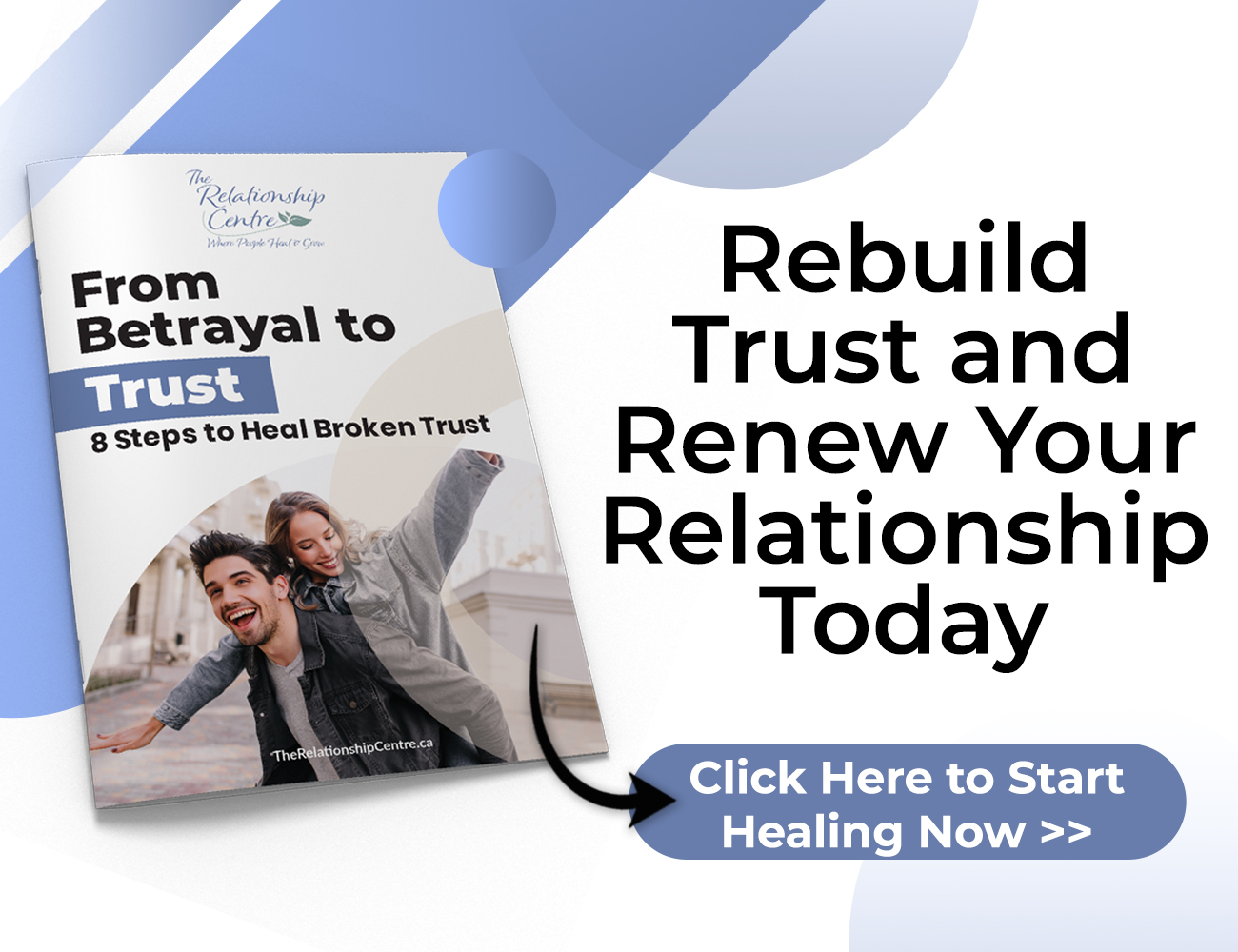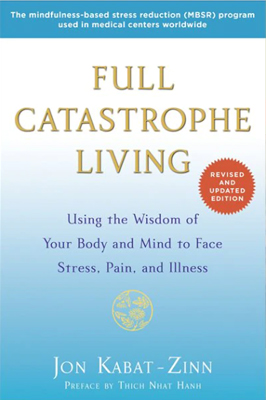Our modern lives have many advantages that previous generations did not. Advanced medical care and treatments, improved opportunities for women and minorities, greater awareness of children’s needs, to name a few.
Unfortunately, the importance of good mental health is not quite as elevated as it should be yet. This means that our modern lives can get out of balance and overwhelm us with stressors, despite the advancements we enjoy. Increased opportunities come with increased responsibilities and demands.
If you feel you are collapsing underneath the weight of the stress in your life, it is important to know that there are steps you can take to lighten your load.


Basic Stress Management
Therapists frequently teach their clients specific stress management techniques. You can almost think of these as a stress management toolkit. They typically include the following.
Deep Breathing
When you are under stress, your body naturally reacts as though you are under threat. It kicks in your fight-or-flight system. This is a chain of physiological reactions designed to protect you from physical dangers. It includes increased heart rate, faster breathing, and adrenaline surges.
By practicing slow, deep breathing, you can help your fight-or-flight system reset itself. You will feel calmer and experience greater control over your circumstances.
Mindfulness
Simple mindfulness is another common stress management tool. It involves learning how to be fully present at the moment and paying close attention to even the smallest things in your immediate environment. It helps draw you back into awareness of your own emotions and physical sensations.
Exercise
Given the physical nature by which our bodies respond to stress, moving our bodies is an excellent way to address stress’s effects on our minds and bodies. You do not have to train for a marathon or become a bodybuilder for exercise to be effective.
A daily walk, a dance party in the living room, playing with your kids at the park, or riding your bike around the neighbourhood can all address the body’s need for movement. Your muscles will burn off tension and your body will release feel-good endorphins to boost your mood.
Self-Care
When we are stressed out, taking care of ourselves often falls to the bottom of the list. And while you may associate the phrase “self-care” with spa days, champagne, and fancy pedicures, this is not what true self-care is.
True self-care involves addressing our physical and emotional needs on a regular, practical level. This looks like maintaining good sleep hygiene so we can get adequate rest. Gentle exercise and stretching are other good components. Nourishing ourselves with healthy foods and supplements also falls into this category.
On the emotional level, it is important to have someone you can talk with about what is happening in your life. Chances are you are busy caring for other people in your life and you may feel guilty if you vent any frustrations. But talking to a good friend or a therapist is a vital part of self-care and allows for important decompression.
Ask for Help
Sometimes, we need more than just a good talk with a friend to help us when we are under stress. While it can be very hard to ask for practical help, sometimes it is vital. Create a list of all the things in your life that you’re juggling. What are some areas where you might be able to ask for help? What are simple things you can do to balance out your load?
This could be asking a friend to watch your kids for an evening or doing streamlined weekend meal prep for the week ahead. Perhaps it is finding an exercise buddy to keep you accountable. It could be re-prioritizing your responsibilities and finding a way to cut back.
No matter what kind of stress you are dealing with, it is important to manage it in a healthy way. If it is ignored, it can lead to more serious issues with anxiety and depression. The therapists at The Relationship Centre have assisted many people as they have built their stress management skills. If you would like to learn more, please call our office.













